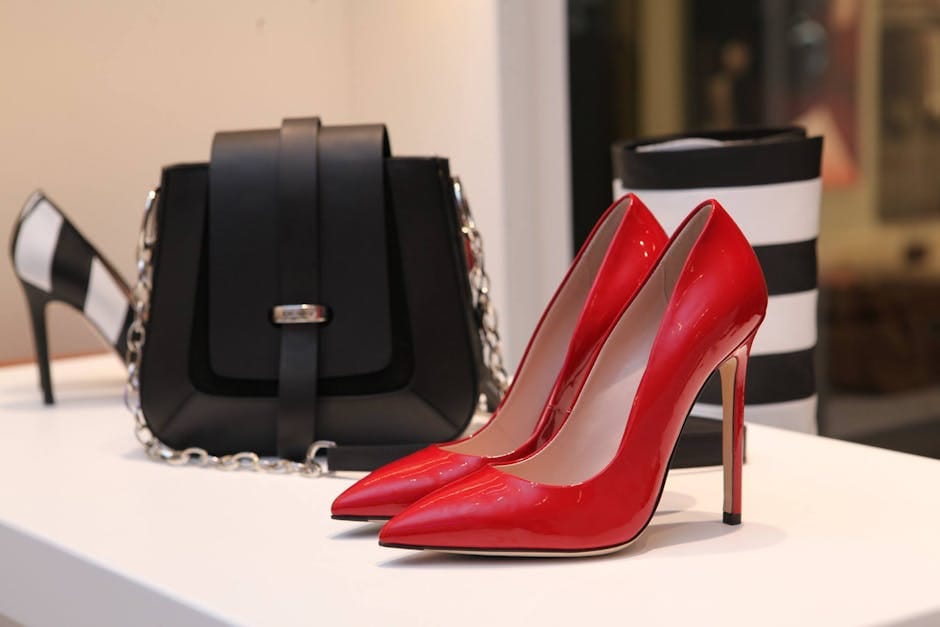Footwear plays a crucial role in our daily lives, providing support, protection, and comfort to our feet. With countless options available on the market, selecting the right shoes can be a daunting task. This guide aims to simplify the process by providing insights into different types of footwear and their suitability for various activities.
**Types of Footwear**
* **Dress Shoes:** Designed for formal occasions, dress shoes are typically made from leather or high-quality synthetic materials. They feature a polished finish and often have intricate details. Oxford, derby, and loafers are popular styles.
* **Casual Shoes:** Meant for everyday wear, casual shoes prioritize comfort and style. Sneakers, flats, loafers, and boots are common choices, offering a balance of aesthetics and practicality.
* **Athletic Shoes:** Designed for specific sports or activities, athletic shoes provide support, cushioning, and stability. Running shoes, basketball shoes, hiking boots, and cleats are examples.
* **Work Shoes:** Designed for protection and durability, work shoes are often made from sturdy materials such as leather or rubber. They may feature safety features like steel toes or slip-resistance.
* **Orthopedic Shoes:** Prescribed by medical professionals, orthopedic shoes are designed to accommodate foot deformities or injuries. They provide additional support and cushioning.
**Choosing the Right Shoes**
* **Consider the Activity:** The type of footwear you choose should match the activity you intend to engage in. For example, athletic shoes are ideal for running, while dress shoes are appropriate for formal occasions.
* **Fit and Comfort:** Proper fit is essential for comfort and foot health. Shoes should fit snugly without being constricting. Avoid shoes that are too loose or too tight.
* **Material:** The material of your shoes affects their durability, breathability, and appearance. Leather is a popular choice for its durability and breathability, while synthetic materials offer a cost-effective alternative.
* **Support:** Shoes should provide adequate support for your feet. Look for shoes with arch support, cushioning, and stability features.
* **Style:** While comfort and functionality are paramount, it's also important to choose shoes that suit your personal style. Consider the color, design, and materials that complement your wardrobe.
**Caring for Your Footwear**
* **Clean Regularly:** Keep your shoes clean to prevent dirt and moisture buildup. Use a soft brush or damp cloth to remove debris.
* **Store Properly:** Store shoes in a cool, dry place. Avoid exposing them to direct sunlight or extreme temperatures.
* **Use Shoe Trees:** Shoe trees help maintain the shape of your shoes and absorb moisture.
* **Repair as Needed:** Timely repairs can extend the lifespan of your shoes. Address any tears, scuffs, or sole wear by visiting a cobbler.
**Conclusion**
Understanding the different types of footwear and considering the factors outlined above can help you make informed decisions when choosing the right shoes for your needs. By selecting shoes that fit properly, provide support, and meet your specific requirements, you can ensure foot health, comfort, and style for years to come.

